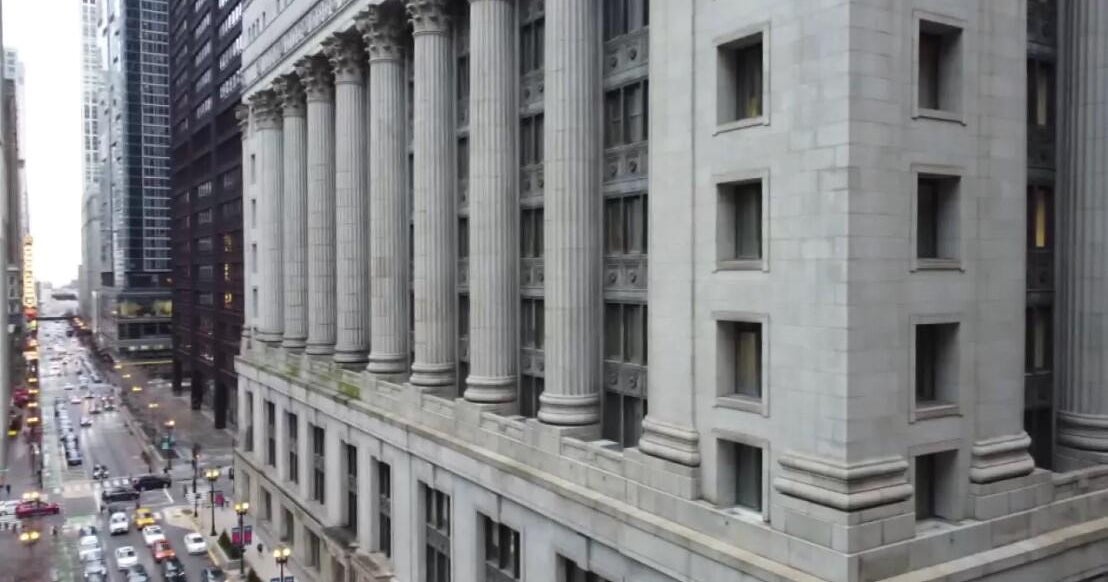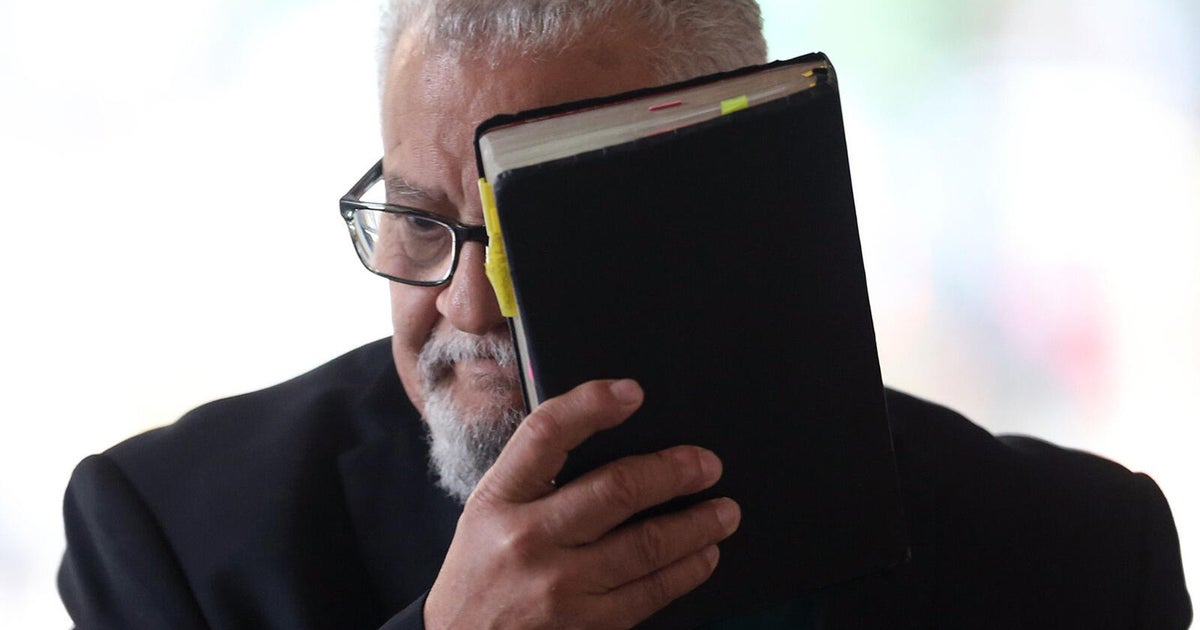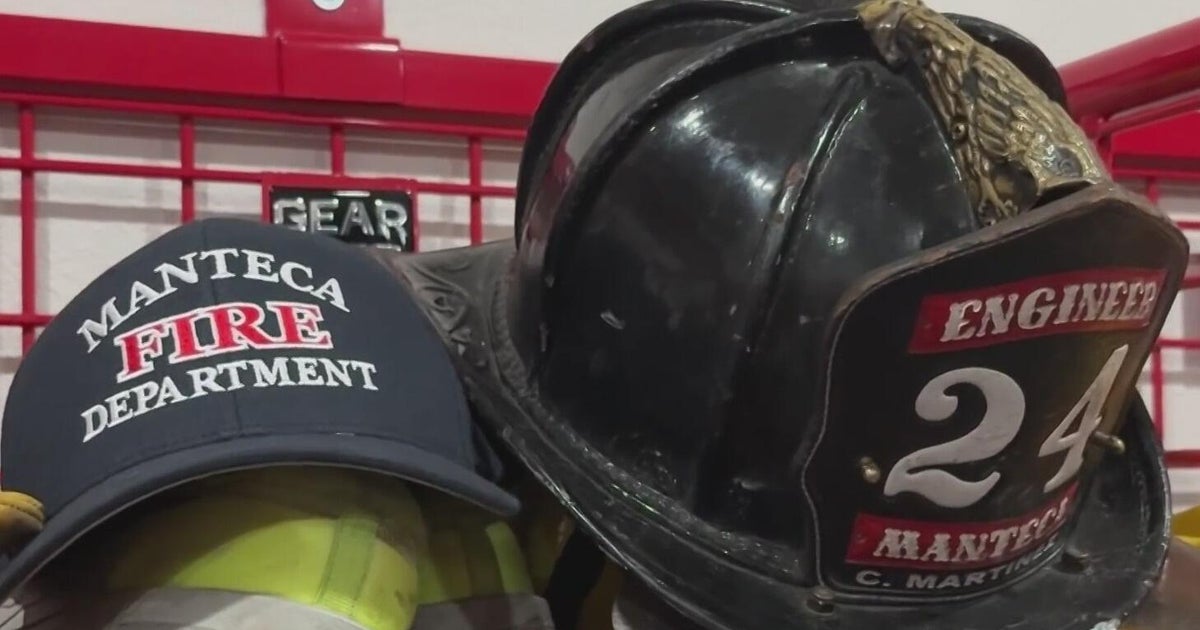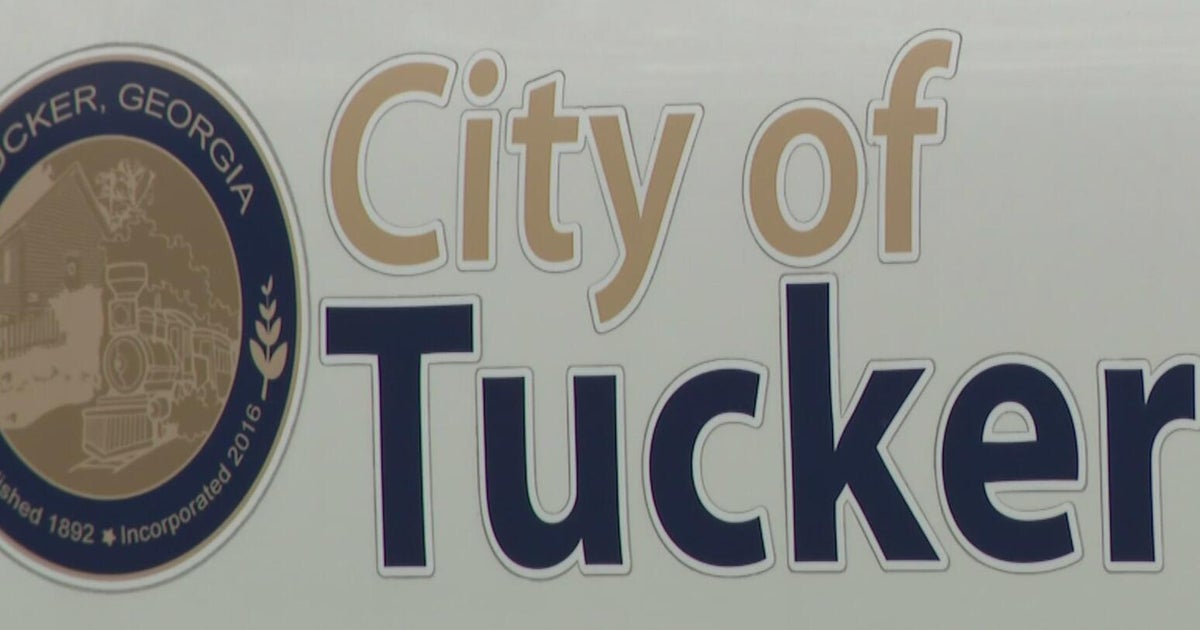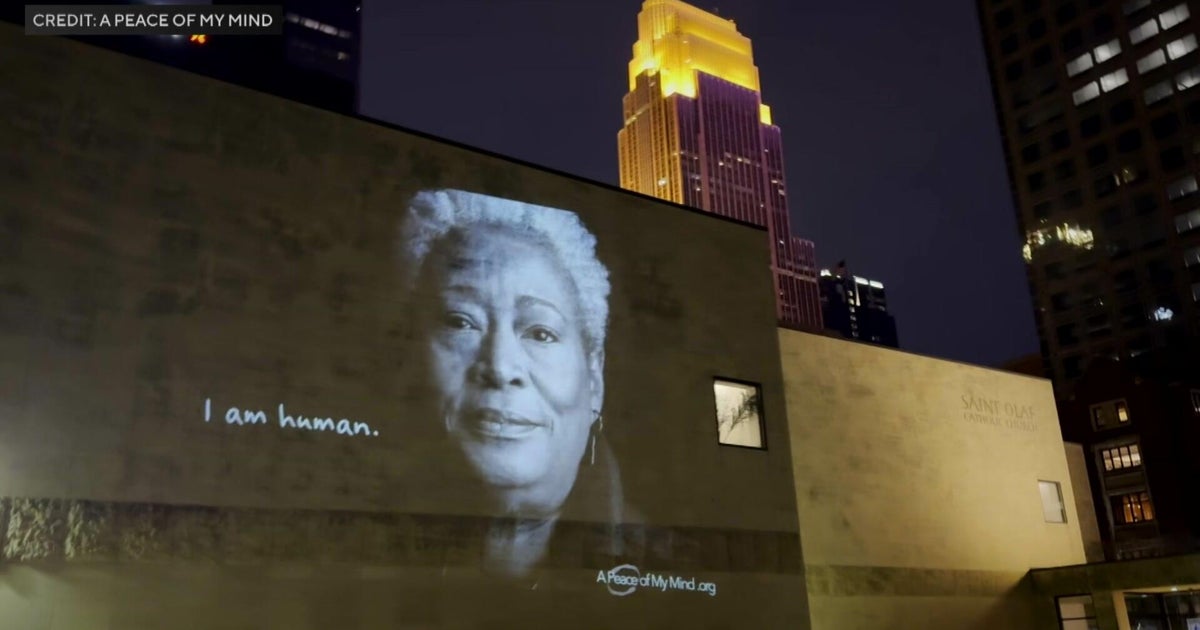Chicago alderman calls for ordinance ensuring sidewalk repairs with construction projects
CHICAGO (CBS) -- A Chicago alderman is looking to fix cracks and uneven payment before anyone trips.
As CBS 2's Lauren Victory reported Friday, Ald. Gilbert Villegas (36th) is calling out the city's Department of Transportation to work more efficiently.
In the Schorsch Village subdivision of the Northwest Side's Dunning community, many homes are 70 to 80 years old. Utilities are getting up there in age too – and thus, there is a lot of construction.
Villegas wants to make a rule that the city mark its calendar anytime big projects break up a sidewalk.
In Schorsch Village, contractors started their work in May. Finally, work is nearly done to upgrade gas lines on New England Avenue near Belmont Avenue.
A few weeks from now, nobody will likely notice the underground project – except upon taking a step back and noticing bright squares of sidewalk butted against faded concrete patches.
Villegas said the hodgepodge of sidewalk squares – some from 2023, others from 1978 – is not only unsightly, but also unsafe.
"Maybe one of the sidewalks has shifted upwards, which creates a tripping hazard," Villegas said.
Cracks caused by roots are another concern. Homeowner Richard Mizera is annoyed with a jagged border between new and old sidewalk squares near his house.
"It could potentially start breaking away in the near future," he said.
These are all issues that could affect neighbors – including his 95-year-old father, who lives nearby.
"Elderly, young families with strollers, kids on bikes," Mizera said. "It's something that needs to be looked at."
Villegas said he tried to avoid the mixed bag of walkway by asking the Chicago Department of Transportation to schedule city sidewalk repairs at the same time as the gas line project was happening.
"It fell on deaf ears," Villegas said. "As a matter of fact, they were looking at me like, 'What are you talking about?'"
So the alderman is pushing for a change to city code via ordinance, which would require the Department of Transportation to inspect and fix sidewalks once permits for other projects, like gas line replacements, are scheduled.
"Why not leverage and take advantage of the fact that we're there - and not have to come back in the next five years?" Villegas said.
The alderman said it would be more efficient with both time and tax dollars.
Victory: "It's not just about the materials that cost money, it's the labor."
Villegas: "It's the labor, it's the mobilization, scheduling."
Victory: "What does it say that you need an ordinance to inspire this coordination?"
Villegas: "That's a great question."
What obstacles make it difficult for the city to coordinate with such projects? The Chicago Department of Transportation issued this statement:
"CDOT is reviewing the ordinance introduced by Ald. Villegas and looks forward to working aldermen and other stakeholders to continue to streamline the process of infrastructure restoration. CDOT routinely coordinates with private utility companies on sidewalk restoration and other public way work. CDOT oversees the City's Project Coordination Office, which coordinates right-of-way activities of the City's infrastructure departments with the utilities of ComEd, Peoples Gas, cable television, and telephone companies to eliminate duplicative work, save resources, and reduce the amount of time streets and sidewalks are obstructed due to construction. In 2022, these efforts saved Chicago more than $23 million."
